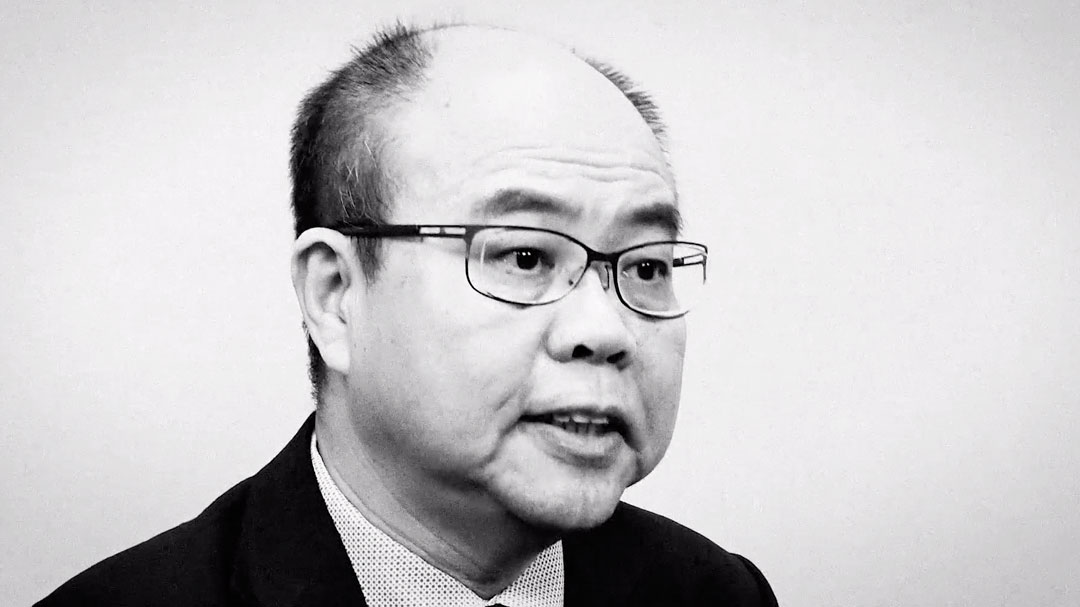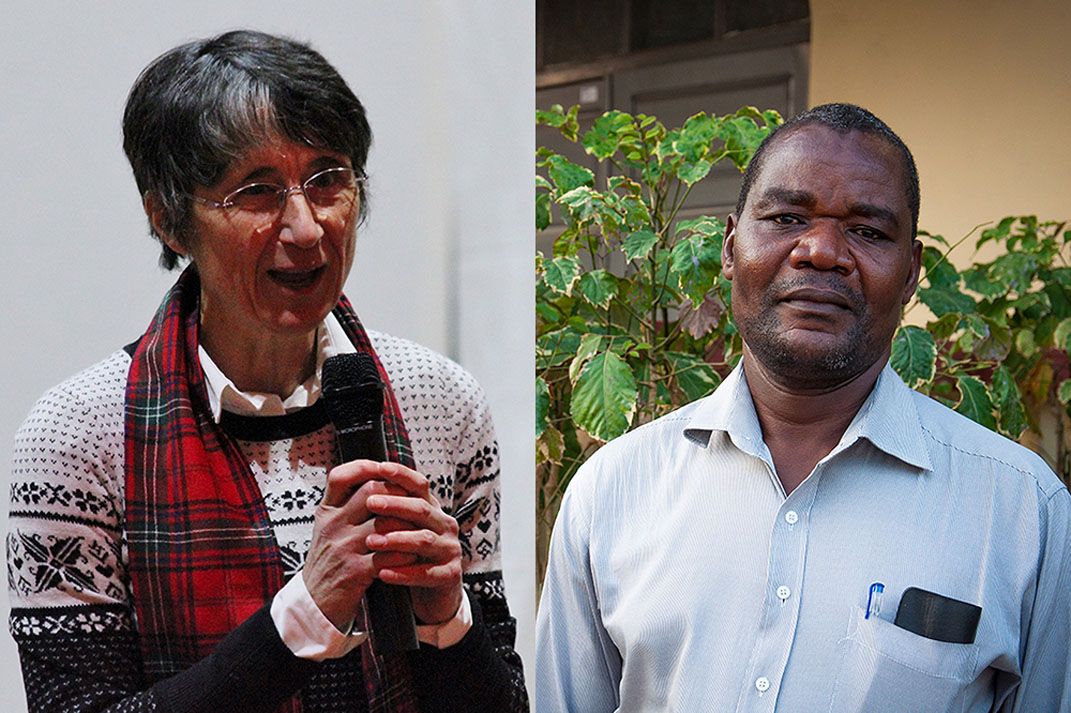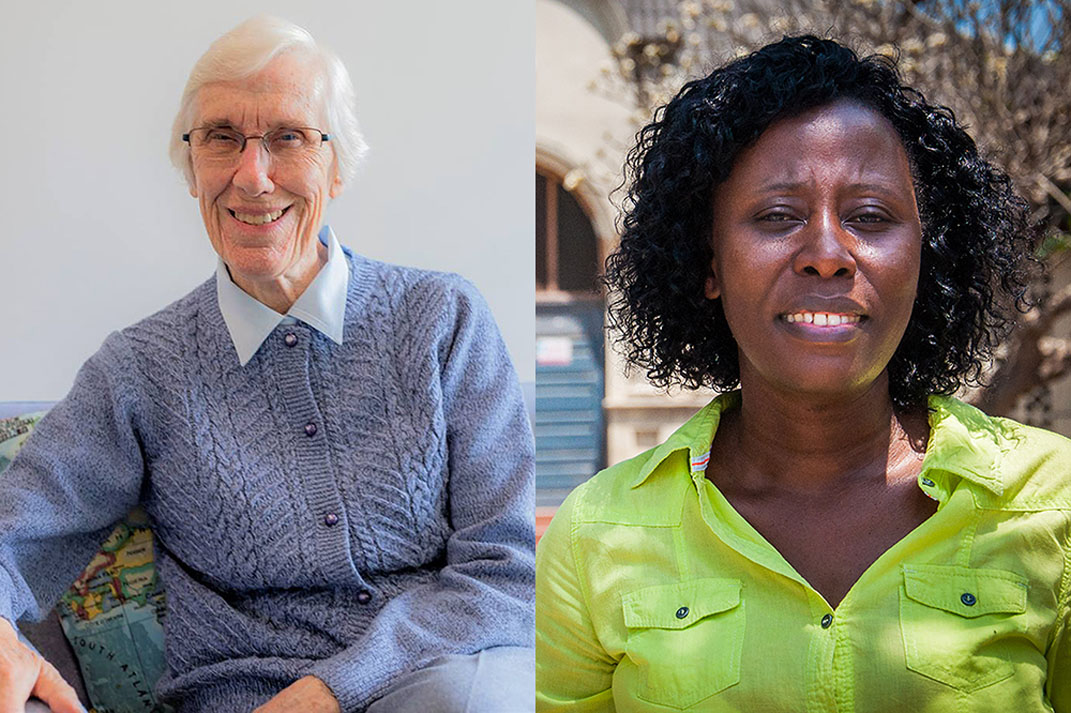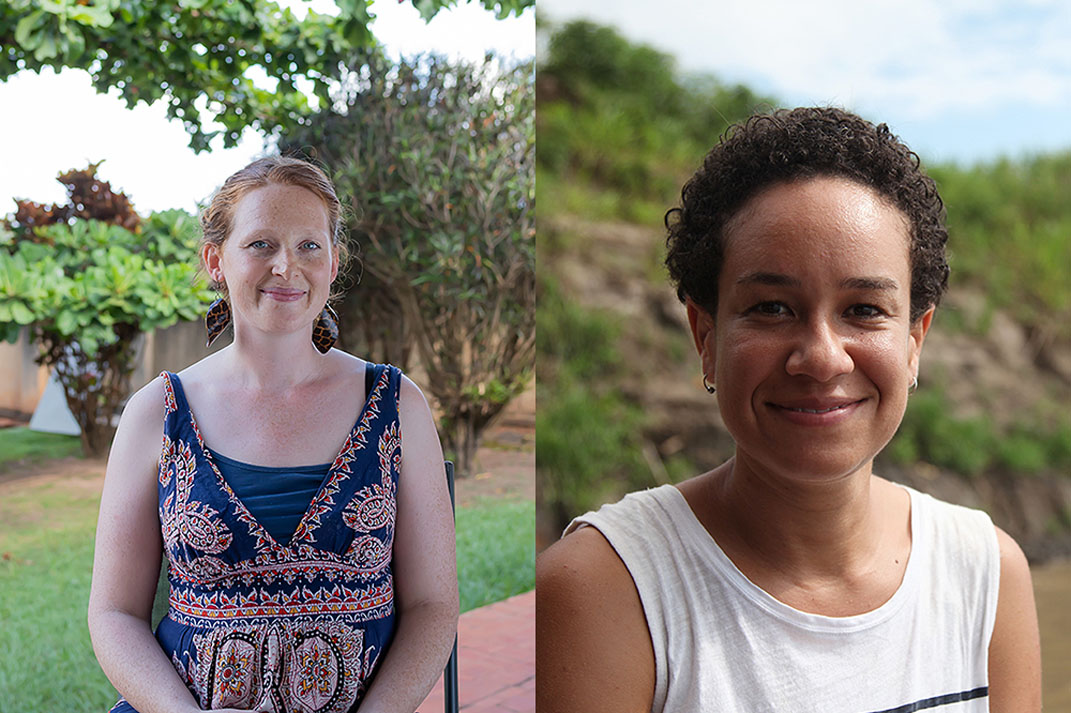A partnership of promise
A partnership of great promise:
BMS World Mission and Spurgeon's College
Everywhere BMS World Mission works, we work in partnership. In the UK, that’s no different. 2020 marks the beginning of a new partnership between Spurgeon’s College and BMS, combining over 250 years of missional expertise with the college’s academic rigour and reputation.
Rising to the challenge of modern mission
Modern mission is becoming more and more complex as our UK context transforms and develops. We find ourselves in an era of increasing globalisation, making new partnerships and resource-sharing necessities for our fast-changing age. Tackling this change, BMS and the London-based Spurgeon’s College have decided to join forces, offering a ministerial training hub at BMS’ site in Birmingham and expanding the college’s reach to the Midlands and beyond.
It’s a partnership which was inspired by last year’s event, “How to Mission”, a conference hosted by BMS for UK Christians exploring what mission looks like in our modern era. Exciting discussions began between Mark Ord, BMS’ Director for Mission Training and Hospitality, and Reverend Professor Philip McCormack, Principal of Spurgeon’s College, with much support for the venture from the Baptist Union of Great Britain and Heart of England Baptist Association.
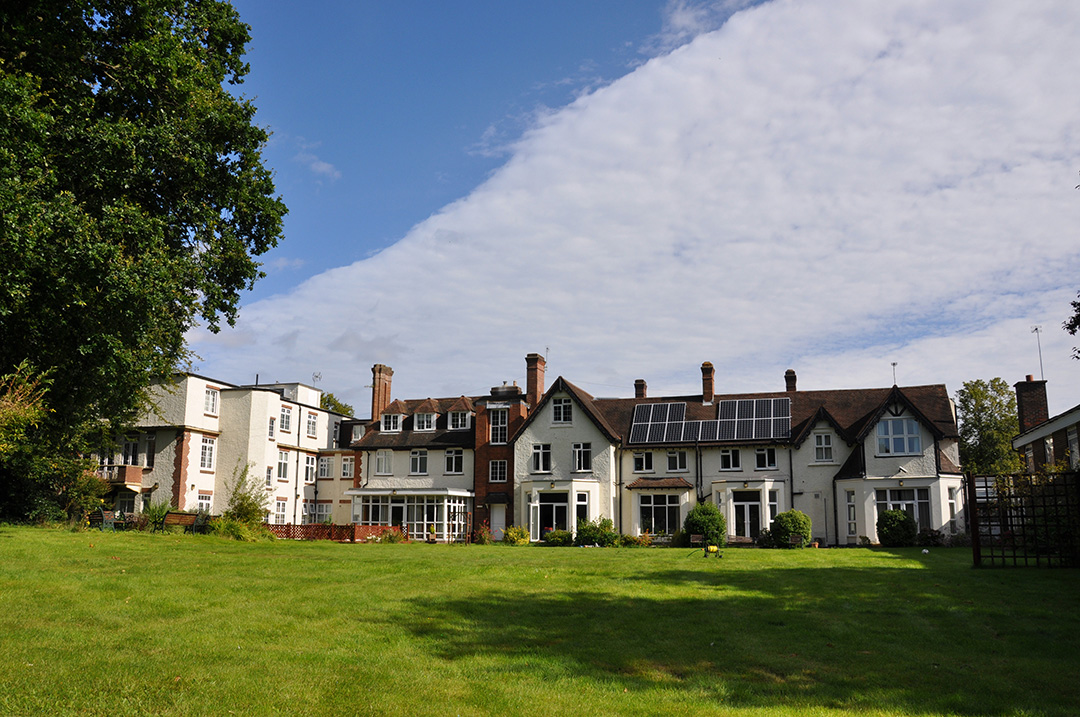
An innovative approach
“There’ll be a real connection between the Global South, Majority World Church and our British context,” says Mark Ord. Spurgeon’s College brings an innovative approach to theological training, stemming from their history. Charles Haddon Spurgeon, who began the college in 1856, had a pioneering approach and started hundreds of churches.
This, coupled with BMS’ missional expertise, will enrich their academic courses, bringing learning from the World Church. “We’ll gradually explore together what kind of mission material we can develop,” says Mark.
An exciting new programme

Opening the hub in September 2020 is just the beginning. The aim is to create a joint programme where Spurgeon’s College can take BMS’ missional experience and turn it into learning and training for their students. “The partnership enables us to bring what we do well and do it better together,” says Mark. Philip McCormack, Spurgeon’s College Principal agrees, “BMS brings an enormous wealth of missional experience and expertise, and Spurgeon’s brings a wealth of academic and ministerial expertise.” The programme will begin next year.
Going global
The new missiological material could go global, being used across the world by BMS’ partners who already deliver ministerial training in their home countries. “We will feed in more robust, cutting-edge content for the UK and at the same time we can develop material for where it is needed for partners overseas,” says Mark. “Spurgeon’s College are looking to grow and have more of an impact,” he explains. “They’ll be able to reach more contexts with their training.”

Transforming congregations
The new partnership is an investment in the UK Church and its call to mission. Those undertaking ministerial and missional training will have access to global material and will benefit from context-driven training. “The strengths of both institutions can be harnessed in an even more intentional manner with the vision of transforming congregations and missional communities,” comments Philip.
Spurgeon’s graduates will be able to enrich their congregations and communities with the latest thinking adapted to a rapidly changing, multifaceted and multicultural UK context. It’s a move which aims to transform missional thinking and action across the UK. And, with this vision of transformation, the partnership is an incredibly exciting start to the new decade.
Words by Melanie Webb.


